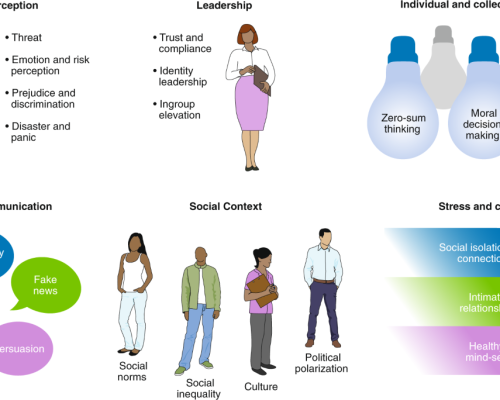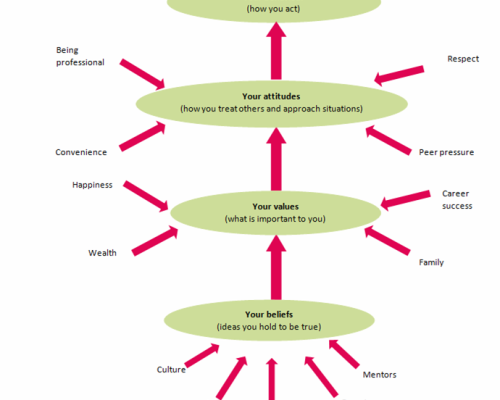Blog Details
- Home
- Blog Details

- 30 Sep, 2024
- By - Admin
normal acceptable behavior in our society
Have you ever wondered why some people seem to navigate life's complexities with grace and purpose, while others struggle to find their footing in society? The answer may lie in ancient wisdom that's as relevant today as it was thousands of years ago.
In a world of constant change and chaos, understanding the few fundamental principles that guide human behavior can be transformative. This blog post delves into the timeless concepts of Dharma, Nishkama Karma, and Vairagya - ideas that have shaped societies for millennia and continue to offer profound insights into how we can live more fulfilling lives.
From cultivating wisdom and detachment from ego to embracing discipline and self-control, we'll explore how these age-old teachings can help us navigate the complexities of modern society. Whether you're seeking personal growth, better relationships, or a deeper understanding of your place in the world, this journey through ancient philosophy promises to offer valuable perspectives on the art of living well.
Are you ready to unlock the secrets of harmonious living in society? Let's embark on this enlightening exploration together.
Ever thought about why some folks breeze through life's twists and turns, while others can't seem to get their act together? The answer might be hiding in some old-school wisdom that's still spot-on today.
From growing wisdom and separating from ego to taking on discipline and self-control, we'll look at how these old teachings can help us deal with the tricky parts of today's world. If you want to grow as a person have better relationships, or understand your place in the world better, this trip through old philosophy will give you useful ways to think about living well.
Do you want to learn the secrets of living in society? Let's start this eye-opening journey together.
- Dharma (Righteous Duty): Every person has a specific duty or purpose in life, determined by their role in society (e.g., as a parent, teacher, warrior). Acting according to one’s dharma, without selfish attachment, is a key guiding principle of behavior.
- Selflessness and Nishkama Karma: The Gita advocates for "Nishkama Karma," which means performing actions without attachment to the results. A person should act in the best interest of society, not for personal gain or recognition.
- Equanimity (Samatva): The Gita encourages individuals to maintain mental stability and calmness in both success and failure, praise and criticism. Balanced emotions and control over desires lead to socially constructive behavior.
- Non-Attachment (Vairagya): Non-attachment to material possessions, relationships, or status allows a person to act for the greater good, not for selfish motives. This leads to humility and compassion in social interactions.
- Compassion and Ahimsa (Non-Violence): The Gita promotes compassion, kindness, and the principle of non-violence (Ahimsa) in thoughts, words, and actions, influencing positive social behavior.
- Wisdom (Jnana) and Discrimination (Viveka): The Gita advises individuals to seek knowledge and wisdom, understanding the difference between right and wrong. Wisdom leads to good decision-making, benefiting society as a whole.
- Sattvic Behavior: Behavior based on the Sattva guna (quality of purity, goodness) leads to harmony, peace, and the welfare of others. Individuals who cultivate sattvic qualities contribute to the upliftment of society through altruism, truthfulness, and humility.
- Detachment from Ego (Ahamkara): The Gita teaches that the ego is an obstacle to righteous action. Detachment from the ego helps in harmonious relationships and cooperative living, as individuals act with a sense of duty, not for personal pride.
- Devotion (Bhakti): Devotion to the Divine or a higher cause encourages humility, love, and service to others, fostering a sense of community and social welfare.
- Discipline and Self-Control (Yama and Niyama): Practicing discipline in life (such as truthfulness, non-stealing, cleanliness, and contentment) helps maintain moral integrity in social settings.
In essence, the Bhagavad Gita emphasizes performing one's duties selflessly, maintaining balance and wisdom, and acting with compassion and humility. These principles collectively guide individuals to behave ethically and contribute positively to society.


- Share:
- Tags:
- normal acceptable behavior in our society is known as, examples of ethical behavior in society, human behavior in society, normal acceptable behavior in our society is known as, examples of ethical behavior in society, human behavior in society
